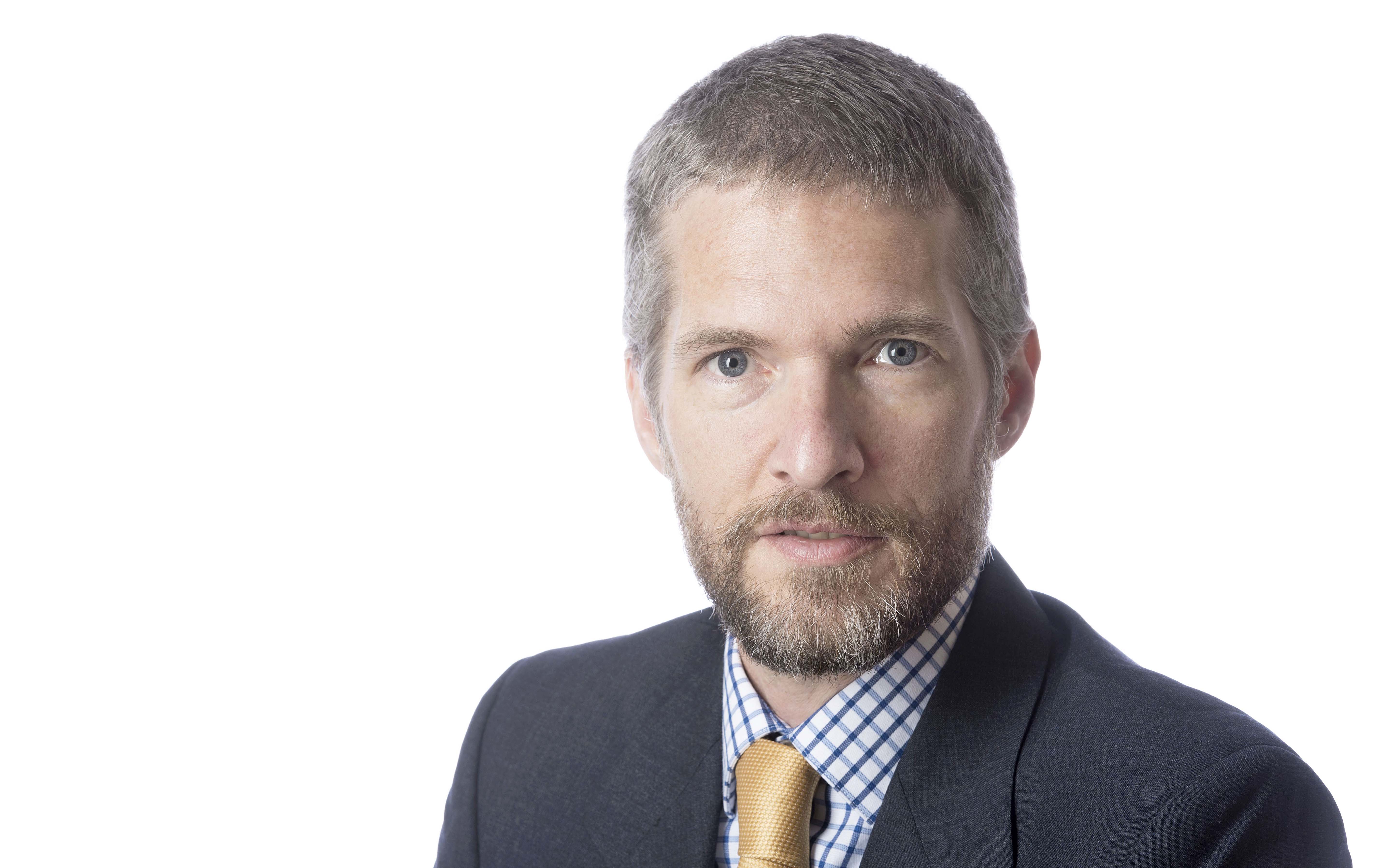Wiebelhaus-Brahm to teach at international summer program in South Korea
July 16-22, 2018
By Angelita Faller
A University of Arkansas at Little Rock professor has been selected to teach in a prestigious international college exchange program in South Korea.
Eric Wiebelhaus-Brahm, assistant professor in the UA Little Rock School of Public Affairs, will teach during the Seoul International Summer School program at the University of Seoul.
“The goal for the summer program is to bring students from around the world to South Korea,” Wiebelhaus-Brahm said. “They want to put South Korea on the map and to promote better understanding, appreciation, and knowledge of the country. International students get to see the country and experience the culture. The program also seeks to recruit faculty from around the world to teach in the program.”
First established in 2000, the program has provided international students with a great opportunity to learn about Korean culture and tradition. During the five-week program that meets from June 26 to July 26, students will take three courses in topics ranging from economics and business, international studies, Korean language, Korean studies, and urban studies. Students will also take cultural visits to Jeju Island, a volcanic island and World Heritage Site, Hwaseong Fortress, and the Demilitarized Zone.
The course Wiebelhaus-Brahm is teaching, Globalization and Multicultural Societies, is a new introductory course for the International Studies program at UA Little Rock. Globalization and Multicultural Societies is an interdisciplinary introduction to the way in which international influences shape the world’s economies, governments, and societies, and their consequences for global conflict and cooperation. He is thankful to get the opportunity to teach a pilot version of the course to international students before the course debuts at UA Little Rock in the fall.
Outside of teaching, Wiebelhaus-Brahm will research South Korea’s experience with transitional justice and explore how the country deals with past human rights violations.
“In the past 15-20 years, remembering and memorializing past atrocities in South Korea has become more accepted,” he said. “You have efforts to memorialize atrocities that happened during the Japanese occupation in the first half of the 20th century and major massacres during the Korean War in the early 1950s. After the Korean War, South Korea was ruled by a series of military dictatorships, which periodically used mass violence against pro-democracy uprisings. I’m fascinated to learn more about South Korea’s experience with dealing with these events.”
Wiebelhaus-Brahm also plans to make contacts he can use in future research that will explore the international adoption of children.
“I’ve long been interested in developing a new stream of research outside of post-conflict/transitional justice and look at the politics of the international adoption of children,” he said. “It’s something political scientists have not paid much attention to.”
Wiebelhaus-Brahm also has a personal interest in exploring international adoption since his wife and two sons, who will be accompanying him to South Korea, were all adopted from South Korea. The last time Wiebelhaus-Brahm and his wife were in South Korea was in 1998 to bring home their oldest son.
Source: UA Little Rock Office of Communications



